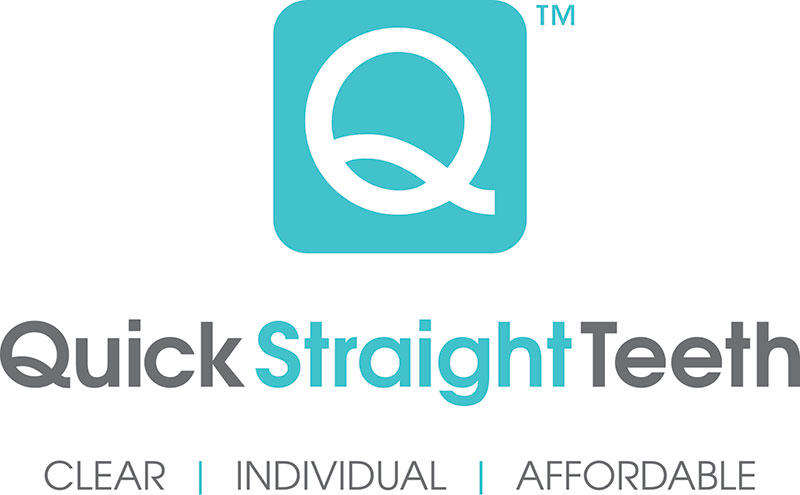|
Getting your Trinity Audio player ready...
|

Have you just had a dental implant procedure and are wondering how long it takes to heal?
It usually takes about 10 to 16 weeks for your jaw to heal around a dental implant. This post will guide you through the healing process, showing you what to expect at each step.
Keep reading to learn more.
Timeline of Dental Implant Healing
Preparing for the procedure
Getting ready for a dental implant requires careful planning and preparation. This helps ensure a successful outcome and supports healing.
Recovery and healing time
Healing after getting a dental implant is a process that takes time. It usually takes 10 to 16 weeks for your jawbone to fully bond with the implant.
Right after the procedure, you might feel discomfort and swelling. This is normal for the first few days. Use ice packs and take pain relief if needed.
For the first week, eat soft foods to avoid putting pressure on your new implant.
You must keep the implant site clean to prevent infection. Gently brush around the area and use mouthwash if your dentist recommends it.
Your dentist will schedule follow-up visits to check on the healing process and ensure the implant is integrating well with your jawbone.
Keep up with oral health routines such as using dental floss daily to maintain good gum health around your implant.
Once healed, your dentist will prepare for placing a false tooth (crown) over the implant which might occur immediately or take another 3-4 months if extra healing time is needed.
Maintaining these practices ensures proper healing and helps achieve durable and healthy tooth restoration, enhancing your smile for years to come.
Aftercare and maintenance
Here are some essential steps for maintenance:
- Clean your implants daily, just like natural teeth. Use a soft-bristle toothbrush and non-abrasive fluoride toothpaste.
- Floss around your implants every day with unwaxed tape or a floss designed for dental work. This helps prevent plaque buildup.
- Rinse with a mouthwash that doesn’t contain alcohol. This can help keep the area clean without irritating the site.
- Visit your dentist for regular check-ups and cleanings every six months, or more often if they advise it.
- Stay on top of other oral health issues with routine care to prevent problems like gum disease which can threaten your implants.
Factors That Affect Healing Time
Overall health condition
 Your overall health greatly affects how well your body handles a dental implant. People with strong jawbones and healthy gums have a better chance of success. But, if you’ve had gum disease before, you must take extra steps to keep your mouth clean and bacteria-free.
Your overall health greatly affects how well your body handles a dental implant. People with strong jawbones and healthy gums have a better chance of success. But, if you’ve had gum disease before, you must take extra steps to keep your mouth clean and bacteria-free.
This helps prevent problems after getting implants.
Your smile’s foundation is as strong as the health beneath it.
Also, some habits and medical conditions can make it harder for implants to work well. For example, smoking can slow down healing in your mouth. If you’re considering getting an implant, talk to your dentist about any health issues or lifestyle choices that might affect its success.
They’ll check things like bone density and gum condition first to make sure an implant is right for you.
Smoking and its impact

Smoking can significantly impede the healing process of dental implants. Research shows that smoking is strongly linked to a higher risk of complications and a longer healing time for implants.
Lifestyle habits, such as smoking, can diminish the success rate of dental implant integration with the bone. Therefore, it’s recommended to quit smoking to enhance the chances of successful implant healing and overall oral health.
The severity of the case can significantly impact the healing time for dental implants. Cases requiring bone grafting or with poor oral health may prolong the treatment timeline, affecting overall recovery.
Patients should be aware of these factors and work closely with their dentist to ensure appropriate care and management throughout the healing process.
In some instances, especially those involving extensive bone reconstruction or advanced gum disease, the severity of the case may necessitate additional procedures before implant placement.
Understanding these implications is crucial for patients considering dental implants to manage expectations and facilitate informed decision-making in consultation with their oral healthcare provider.
Oldbury Smile Spa Offers Aftercare Advice For Dental Implants

Dental implants usually take 10 to 16 weeks to heal and for the bone to fuse with the implant. The treatment may last from three to eight months, or longer if extractions or a bone graft are necessary.
At Oldbury Smile Spa, we believe that a perfect smile is more than just an investment in your appearance—it’s an investment in your health and confidence. Our expert team is dedicated to providing you with the highest quality dental implants and ensuring that your smile remains bright and healthy for years to come. To help you achieve the best possible results, we offer comprehensive aftercare advice tailored to your specific needs. Pick up the phone and call Oldbury Smile Spa for dental implant treatment and advice.











